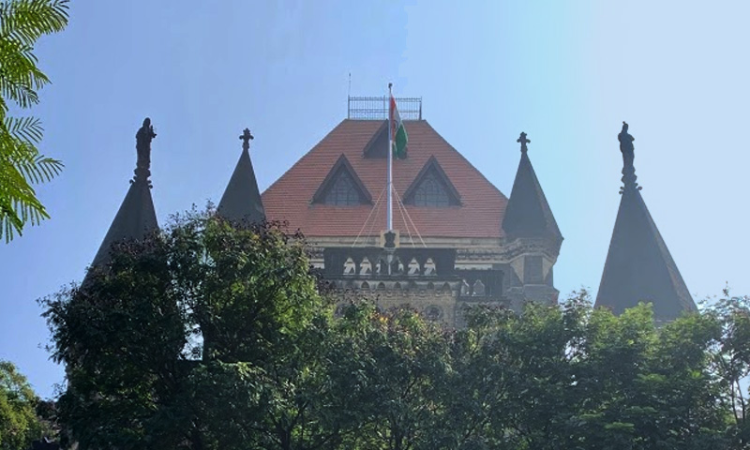In a significant judgement explaining the interplay of the Legal Services Authority Act, 1987 and the Electricity Act, 2003 a single-judge bench of the Bombay High Court noted that where a dispute brought before the Permanent Lok Adalat amounts to a compoundable offence it can be entertained by the Permanent Lok Adalat for the purpose of effecting a conciliation and settlement. But...

